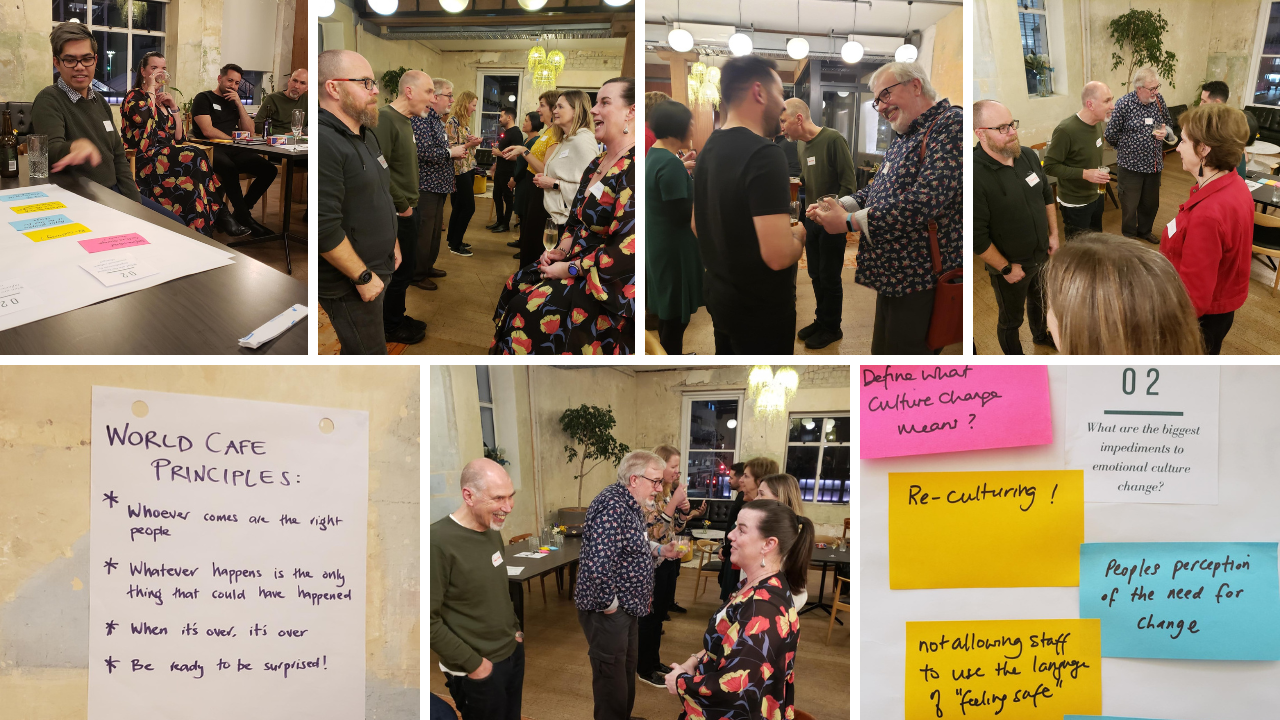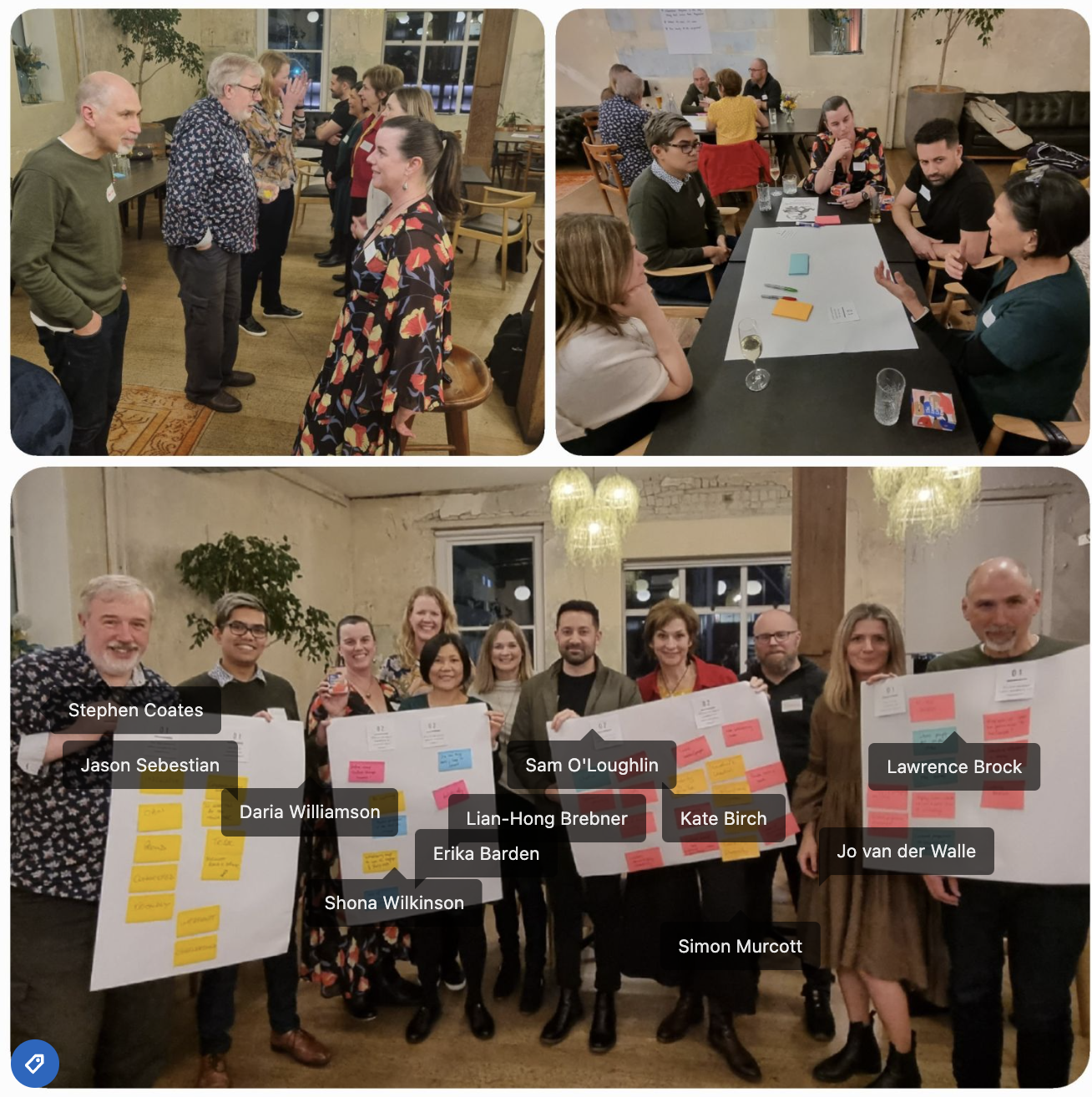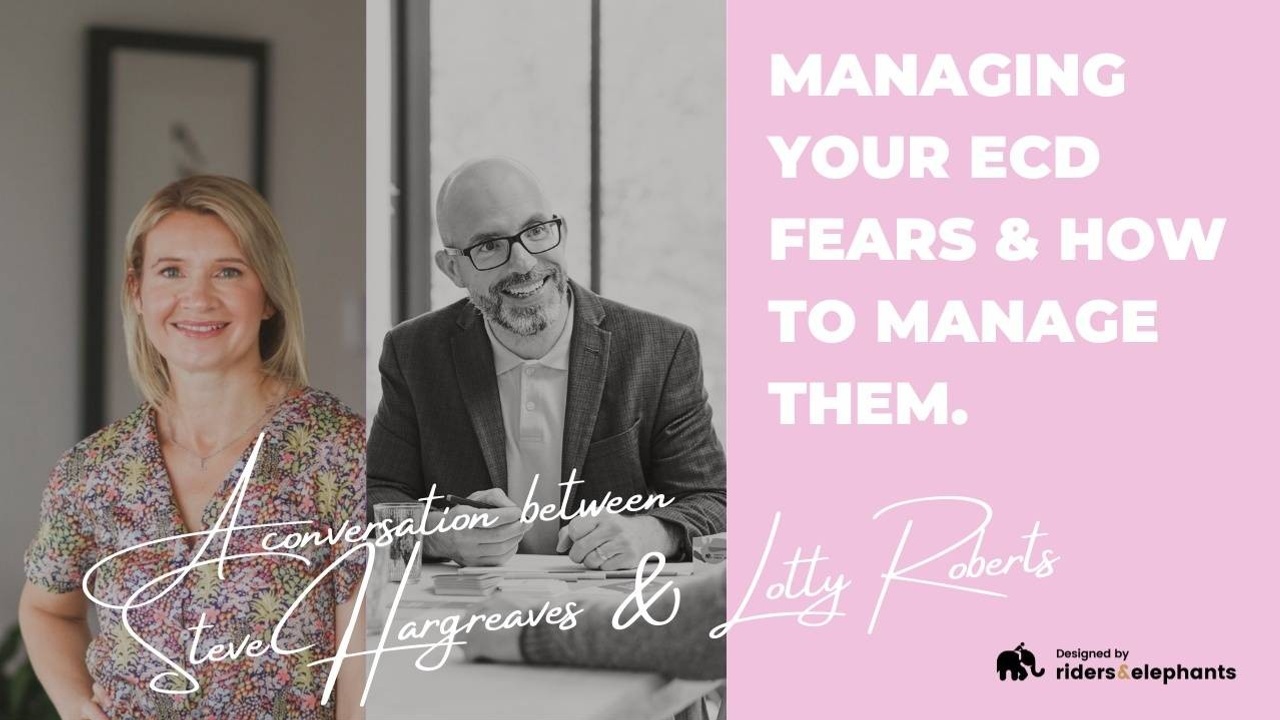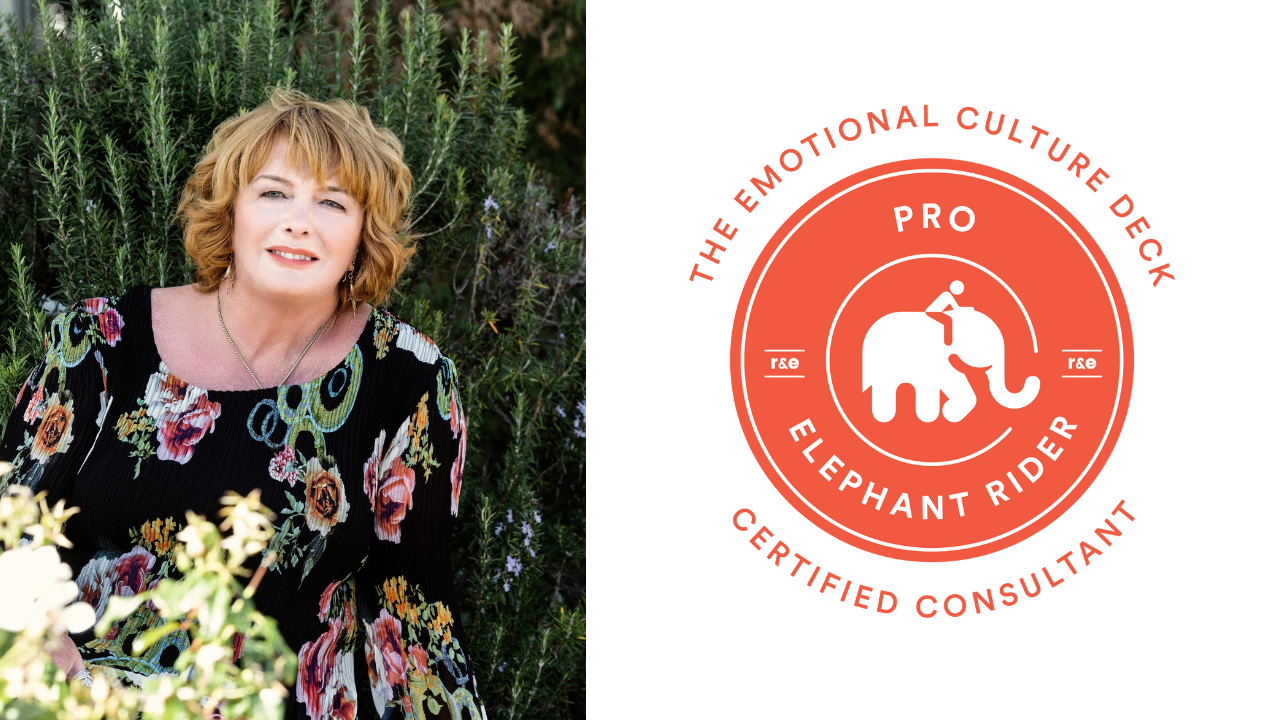Article originally posted on Linkedin here
I recently worked with leaders to help them define the emotional culture they wanted for themselves and for their teams. Although each conversation was different, with its own complexities and its own challenges, I was surprised to discover some core similarities...
1. Our thoughts precede our emotions.
Emotions do not just appear on their own accord. Nor does another person 'make' us feel a certain way. Situations and environments also do not indicate what we should be feeling. So, what makes us feel a certain way? Our thoughts. Yep, that pesky little internal voice we often hear shouting thoughts, assumptions, judgements, and 'facts'. The problem is that we trust this voice and treat these thoughts as hard truths.
So, when we see a colleague peering over our shoulder to read an email we think 'she is nosey!' or 'she doesn't think I can do my job!' which leads us to feel intolerant or guarded. We think this feeling is justified... but
...


















